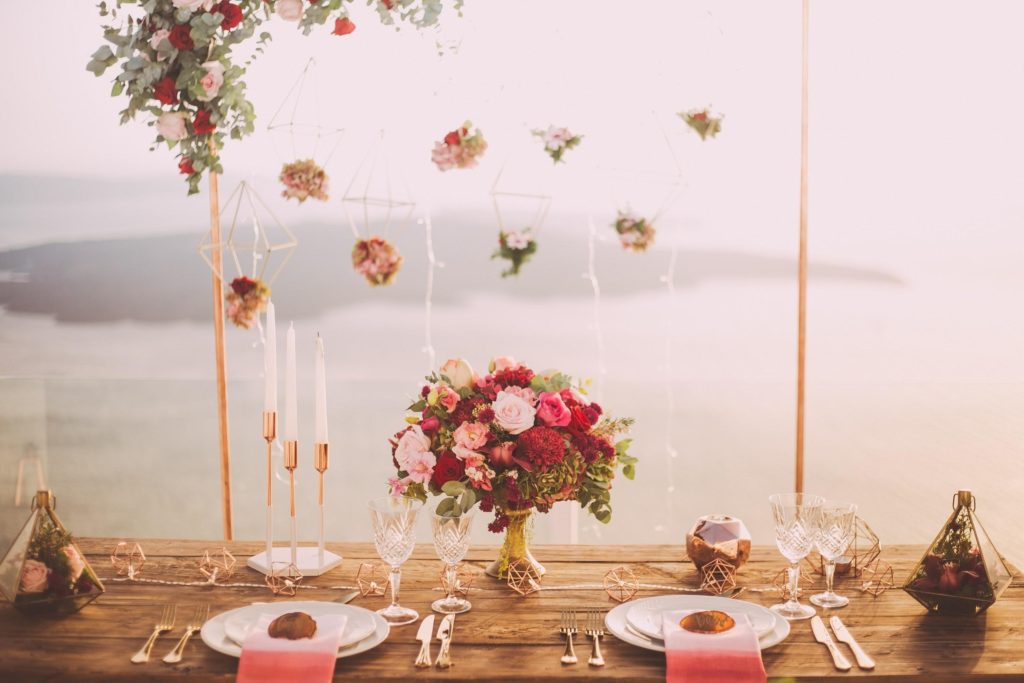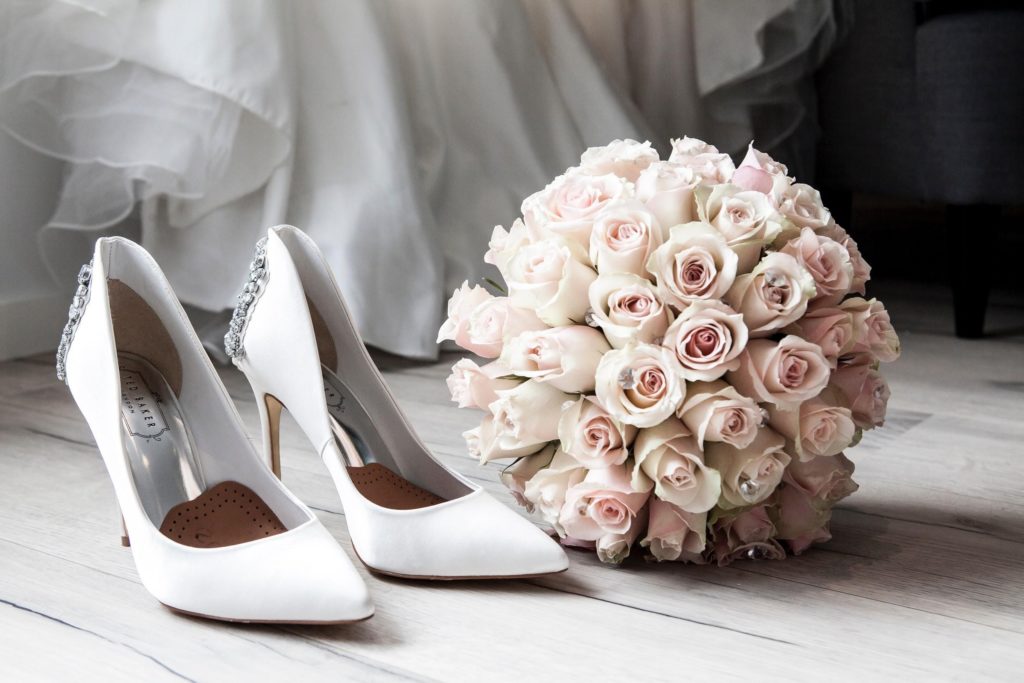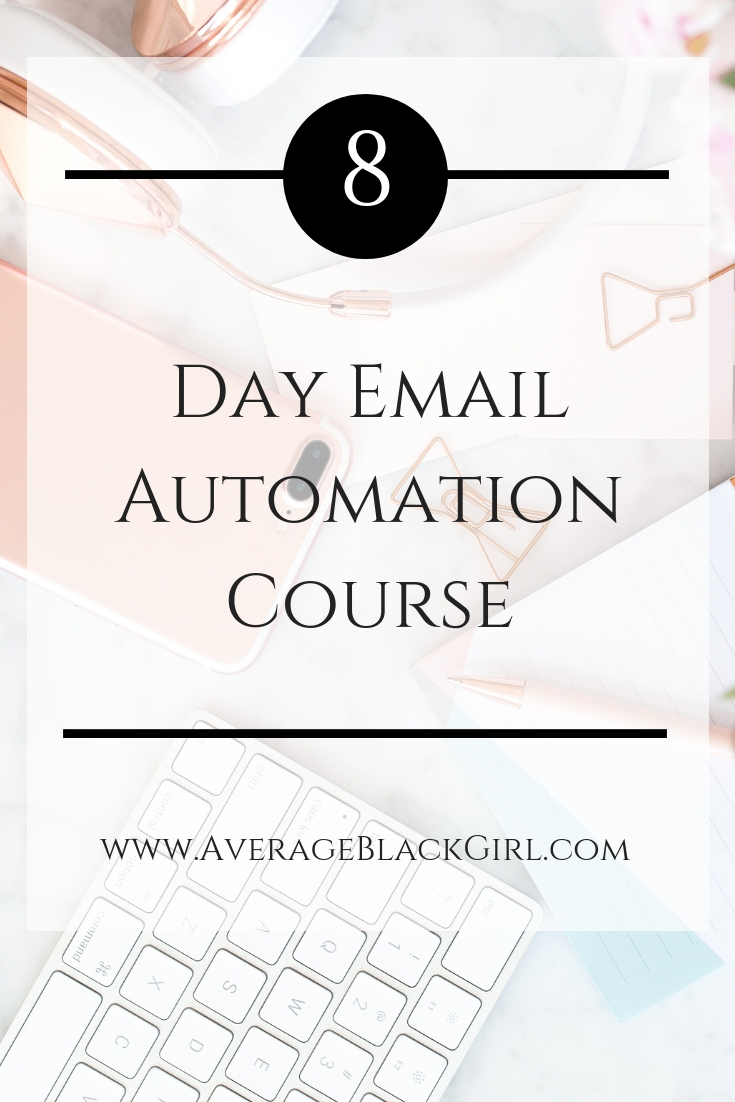Depending on your personal situation, saying “yes!” to the love of your life may result in the desire to start planning immediately or the need to put planning on the backburner while addressing other things. Regardless of which category you fall into, here are important tips for planning your wedding day.
(adsbygoogle = window.adsbygoogle || []).push({});
1. Don’t Wait On The Venue
 There’s a lot of pressure to set a date when you first get engaged, and it can be hard to choose! Do you look for the perfect Saturday for your fall wedding? Did you imagine getting married on your parents’ anniversary, but that falls on a Thursday?
There’s a lot of pressure to set a date when you first get engaged, and it can be hard to choose! Do you look for the perfect Saturday for your fall wedding? Did you imagine getting married on your parents’ anniversary, but that falls on a Thursday?
If you have a specific place in mind, don’t wait on booking the venue. In fact, you should consider making the date fit their availability. Popular wedding venues book up one to two years in advance, maybe even more if they’re really desirable! Even if you want to push off planning, book a date and a venue as soon as possible.
2. Set A Budget And Priorities
 Some things will matter more to you than others. The date and venue may not be as important as finding a vintage wedding dress. Likewise, you may not be a big fan of flowers but want to have high-quality photographs from a well-loved and costly photographer.
Some things will matter more to you than others. The date and venue may not be as important as finding a vintage wedding dress. Likewise, you may not be a big fan of flowers but want to have high-quality photographs from a well-loved and costly photographer.
Set a budget so that you know what you can spend, then break it down to account for the various wedding expenses, giving more leeway to the things that matter most to you and your fiance.
(adsbygoogle = window.adsbygoogle || []).push({});
3. Set Boundaries Early
 Weddings are an emotional time that can bring out the best, and the worst, in the people you love. That’s why it’s important to set boundaries early on in a firm yet gentle manner. For example, your mother may want to invite half of her co-workers because she’s so excited for you. Her intentions are pure if unrealistic. The mother of the groom may be a little over the top because she doesn’t have a daughter and wants the experience.
Weddings are an emotional time that can bring out the best, and the worst, in the people you love. That’s why it’s important to set boundaries early on in a firm yet gentle manner. For example, your mother may want to invite half of her co-workers because she’s so excited for you. Her intentions are pure if unrealistic. The mother of the groom may be a little over the top because she doesn’t have a daughter and wants the experience.
Tell people what will and will not be acceptable and stick to it. Whether it’s telling your cousin that she can’t bring a plus one because she met her boyfriend last week or your friend that the dinner venue doesn’t allow minors, babies included. Prepare for some difficult conversations.
4. Be Frugal, Not Cheap
 There’s a fine line between working on a budget and being cheap. Don’t sacrifice quality or take on too much DIY work if you know it will ultimately cause you a lot of stress. Additionally, know when to save and when to splurge. Saving on shoes and cake makes sense. Saving on a photographer who will give you exactly what you pay for is a mistake.
There’s a fine line between working on a budget and being cheap. Don’t sacrifice quality or take on too much DIY work if you know it will ultimately cause you a lot of stress. Additionally, know when to save and when to splurge. Saving on shoes and cake makes sense. Saving on a photographer who will give you exactly what you pay for is a mistake.
Of course, this circles back to your priorities and determining what aspects of your special day matter most to you.
(adsbygoogle = window.adsbygoogle || []).push({});
5. Start The Guest List Early
You may not be sending out invitations for another year or more. However, it’s important to start working on the guest list early. This will help you set boundaries and figure out if your chosen venue needs to be changed or if you need to make some aggressive cuts to your list.
The best way to create a guest list that fits all of the people you want to invite is to create an A, B, and C list. A-listers are the people that are coming no matter what. B-listers are secondary choices where you may have to wait for a declining response from an A-lister. C-listers are those that you will invite to the reception or if there’s space left over. Don’t share those lists.
6. Choose Your Bridal Party Early
 Choosing your bridesmaids and groomsmen is another task that needs to be done early, as these people need to be able to plan and budget for your big day. This part is usually fairly easy and exciting. You may even know who you would choose before you get engaged.
Choosing your bridesmaids and groomsmen is another task that needs to be done early, as these people need to be able to plan and budget for your big day. This part is usually fairly easy and exciting. You may even know who you would choose before you get engaged.






